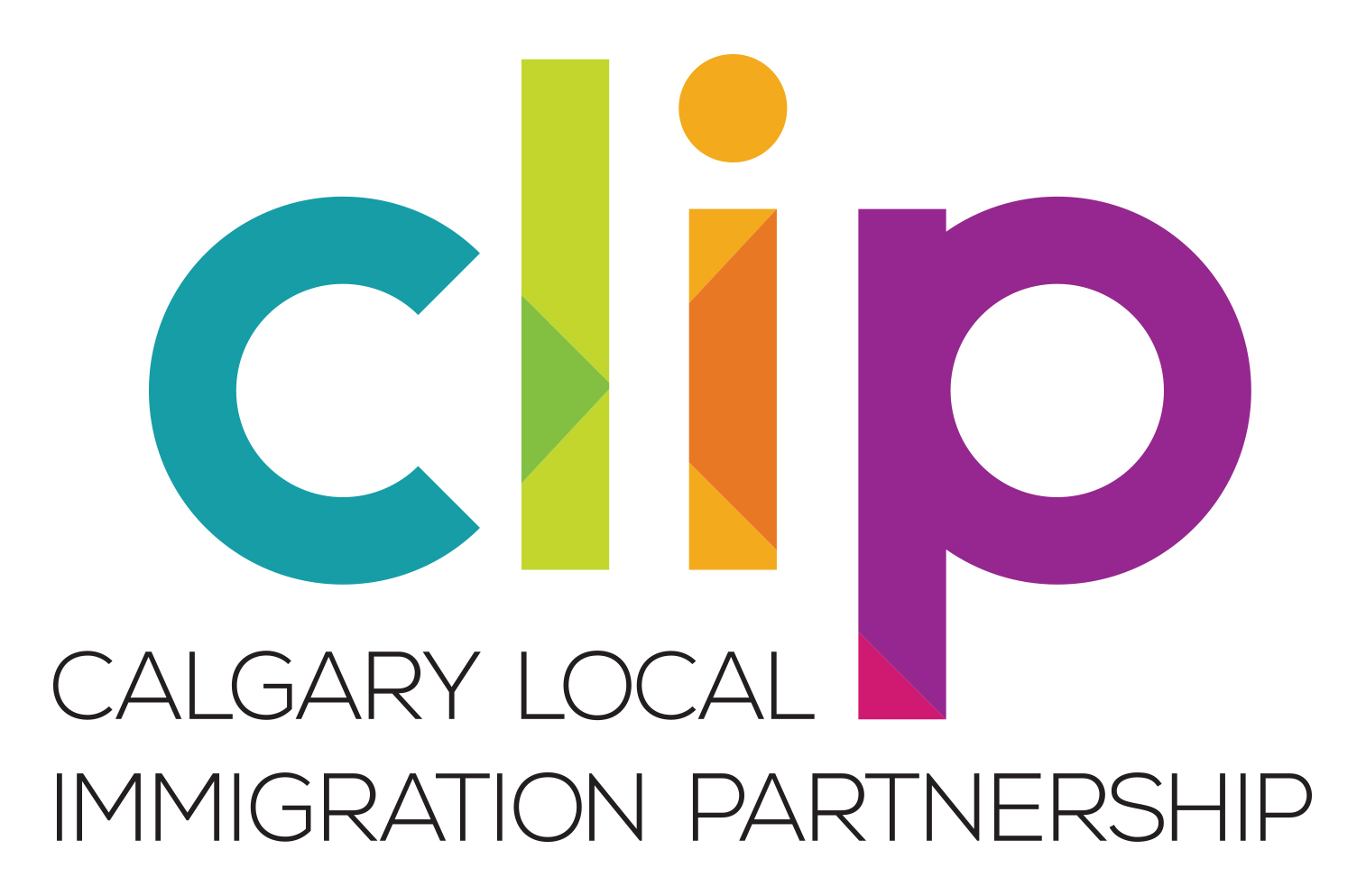Join us in welcoming newcomers to our community: FAQ
Global Refugee Snapshot (2025)
As of mid-2024, an estimated 122.6 million people worldwide have been forcibly displaced. This includes nearly 43.7 million refugees, with 32 million under UNHCR’s mandate and 6 million Palestinian refugees under UNRWA’s care. (United Nations)
Additionally, 4.4 million stateless individuals lack a recognized nationality, denying them access to basic rights like education, healthcare, and freedom of movement. (UNHCR)
Canada’s Role in Refugee Resettlement
Between 2016 and 2022, Canada welcomed 207,060 refugees, comprising:(Canada.ca)
110,147 Privately Sponsored Refugees
88,838 Government-Assisted Refugees
8,075 Blended Visa Office-Referred Refugees (Canada.ca)
Afghan Refugees
Canada fulfilled its commitment to resettle 40,000 Afghan refugees by November 2024. As of that date, the country had welcomed 54,730 Afghan nationals, surpassing its initial pledge. (House of Commons)
Ukrainian Nationals
Canada implemented special immigration measures for Ukrainians affected by the conflict. While the Canada-Ukraine Authorization for Emergency Travel (CUAET) program concluded in July 2023, Ukrainians in Canada as temporary residents were given access to free settlement services until March 31, 2025. (Hamilton Immigration)
What Is a Refugee?
A refugee is someone who has been forced to flee their country due to war, violence, or persecution based on race, religion, nationality, political opinion, or membership in a particular social group.
Contributions of Newcomers to Canada
26% of Canada's workforce comprises immigrants.
Refugees have the highest citizenship uptake rate among all immigration categories, with 89% becoming Canadian citizens.
Two out of three refugees become homeowners within ten years of resettlement.
Learn More
For further information on refugee issues and support:

